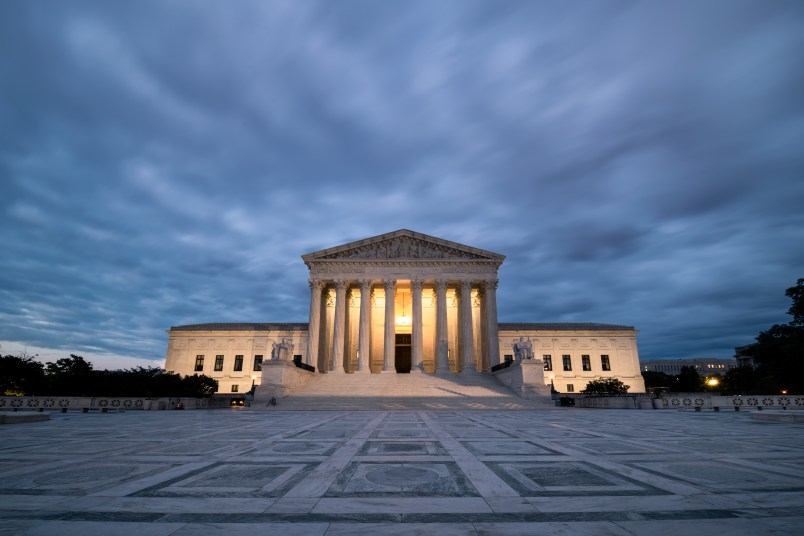The Supreme Court, with its weighty conservative majority, has shown its cards with the cases it takes up: lots on religious liberty, a handful of challenges to abortion rights, one on a defunct Environmental Protection Agency rule that experts were equal parts shocked and alarmed to see the Court accept.
Monday morning, the Court added another two cases to a docket full of hot-button issues. Both concern universities’ use of race in college admissions, one case out of Harvard and one the University of North Carolina.
The Court will look at more than the way these two schools operate their affirmative action programs; it could potentially overturn decades of precedent in reassessing whether race can ever play a role in admissions.
While the Court has upheld the constitutionality of affirmative action programs multiple times, its composition is now much more conservative. The three justices who voted against affirmative action in the 2016 case Fisher v. University of Texas at Austin — Chief Justice John Roberts and Justices Clarence Thomas and Samuel Alito — are now bolstered by the three Trump appointees.
The man behind the suits is Edward Blum, a former stockbroker who has spent years on his crusade against affirmative action. He also helped lead the charge against the Voting Rights Act, which the Court gutted in 2013 and weakened further last year.
Oral arguments in the affirmative action cases will likely be heard next term, which starts in October.
Affirmative action is the latest in a series of rightwing hobby horses the Court has taken up this term, showing justices’ fresh willingness to wade into those issues. They’ve also heard cases with significant implications for federal agency authority, vaccine mandates, gun control and abortion access.



